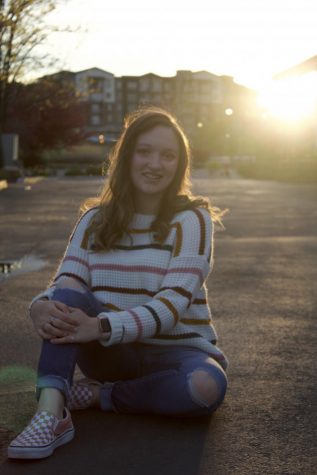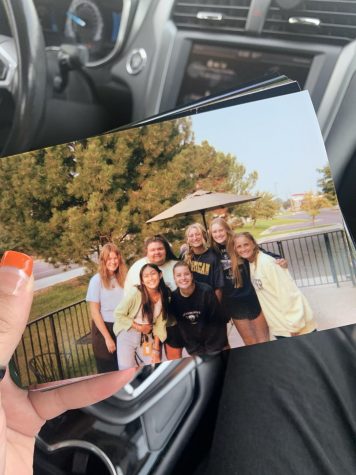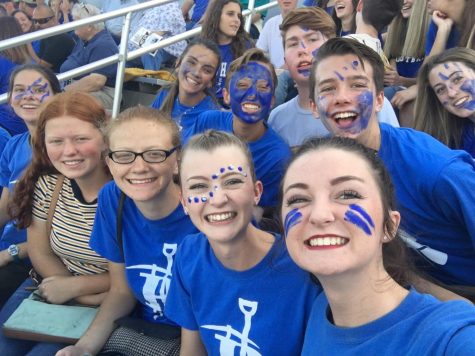Tall, Blonde, and Blue Eyed
Photo by Saluda Programa de Salud
Thanks to my friend Junie B Jones, being a young girl, the word puberty was as close as you got to a curse word. Because as far as I know, for girls it doesn’t get better than cramps and periods, along with a whole lot of oily skin and acne. Honestly, in my opinion, everything they tell you in the movies is true. But this is me looking back at puberty now. However, when young, uneducated, Abi Lingam was romping around the world there was nothing she was more excited for than puberty.
Though it sounds completely absurd, I emphasized uneducated for a reason. Because at the time I believed puberty was something on a whole other level. I thought that when I hit puberty I was slowly going to become tall, blonde, blue-eyed, and white. White. I thought that I was going to rub off and turn white. For those who don’t know me, I am a dark brown Sri Lankan girl, so the fact that I believed that I was going to turn 12 or 13 and wake up as Barbie one day was truly the American Dream if you asked me. I am still unaware of the science behind it at the time, but I had it figured out just as I liked, I was going to be Barbie.
This narrative was hilarious to me for quite some time until some insecurities and sadness began to stir from this story. As I have grown older I can now see the problems with this story. I now understand why a small part of me was crushed when I learned what puberty really was and how I was staying brown for the rest of my life. I see the way this story is problematic. I see the European standards that I grew up with, I understand that I am a different color than everyone else, and that means something. I now know that it means that I am the minority, in most situations. I know that there are a lot of people who I grew up with me who don’t find me beautiful according to the standards that we grew up with.
In a response video, a black actress Danielle Brooks addresses young girls who face racism and colorism every day she talks about trying to be the representation of these young dark girls. Barbie was almost every little girl’s hero when growing up, so naturally, she was mine and any of my other colored friends’ hero. Having colored woman of influence to look up to in the media rather than just Taylor Swift and Barbie is crucial to young dark skinned girls growing up. Not having someone to look up to when growing up as a young minority girl can lead to girls being shameful of their skin color and wishing to be part of the masses more than anything. Even though their individuality is what high lights them most.

Abi Lingam, junior at Bingham High School, is a staff writer for the newspaper, the Prospector. She is...






